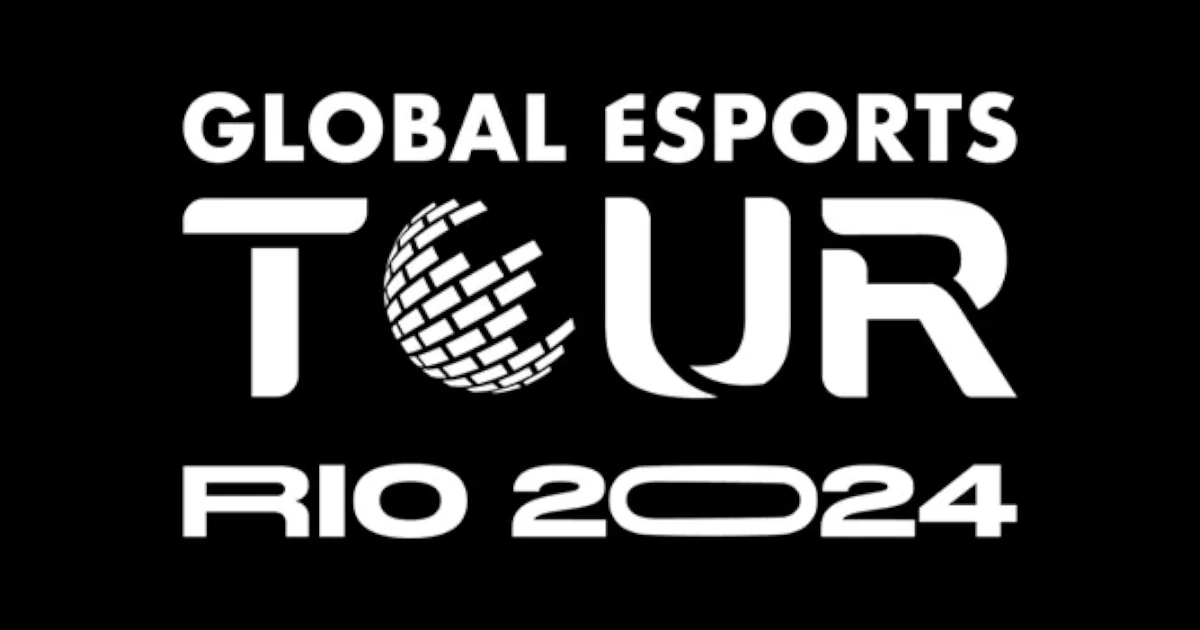- Mobile gaming is seeing an exponential increase in popularity worldwide
- This is attributed to the availability of mobile devices in lower-income regions of the world
- Mobile gaming still has many unsolved problems ahead of it
Many speakers at SXSW event panels offered interesting insights into the rapidly increasing popularity and reach of mobile esports.
Mobile Gaming Is Reaching New Levels of Fame
As mobile gaming rises in popularity, more and more PC-based organizations are fielding mobile teams. Tournaments follow suit, with many offering huge prize pools and prestigious trophies.
In a recent panel at SXSW, titled “How to Win in the Future of Gaming”, co-CEO of ESL Craig Levine and CMO of Qualcomm Don McGuire discussed the next steps in mobile gaming. Both ESL and Qualcomm see the large potential of the field. Both companies have invested heavily into mobile gaming and have even recently co-launched a mobile esports league.
The head of marketing at Gamesquare and CMO of Complexity Olly Emery also talked about mobile gaming in a different panel. He pointed out that despite the highly-visible NA region not seeing a significant rise in mobile gaming, other parts of the world are not like that. Often times other world regions cannot afford gaming consoles or high-end gaming PCs, so this plays a part in the popularity of mobile over there. Today’s smartphones are powerful enough to run hardware-demanding games like PUBG Mobile and Free Fire.
This point was further supported by Jean Ortega, one of the co-founders of LOUD Esports. LOUD has been called “The Brazilian FaZe Clan” because the organization heavily focuses on content creation reminiscent of FaZe’s rise during the early 2010s. “You have worldwide titles with just a phone. “Accessibility is the key,” Ortega said.
South-East Asia is another region seeing a massive rise in mobile gaming. International senior PR manager at Moonton Games Kelly Chiaw said that the publisher has seen “exponential” growth in Indonesia and the Philippines.
Mobile Gaming Still Has Challenges Ahead of Itself
Many organizations are still relatively new and in need of sponsorships. “Many of these esports leagues or professional leagues or amateur leagues … many of them are just trying to, you know, survive, and it’s difficult enough to survive,” Chiaw said in a post-panel conversation.
However, this puts them in a difficult situation where they can become sponsored by dodgy actors. Such is the case with ESL and FACEIT, which recently merged and were bought out by the Savvy Gaming Group. It is 100 percent funded by the Saudi Arabian government’s Public Investment Fund.
Some esports brands are finding other ways of earning money. For example, organizations like LOUD are making money hand over fist in their own right through YouTube and TikTok content.
Mobile esports is still a largely untapped market. A question was asked at one of the SXSW panels, asking about the potential of Africa, as the continent is very underdeveloped when it comes to esports. It was answered that it’s possible we will see in ten years headlines like the ones regarding mobile gaming in the LATAM or SEA regions we see today.
Mobile gaming has grown explosively in the past years and by all metrics, it seems that it’s going to play an even bigger role in esports in the future.
















